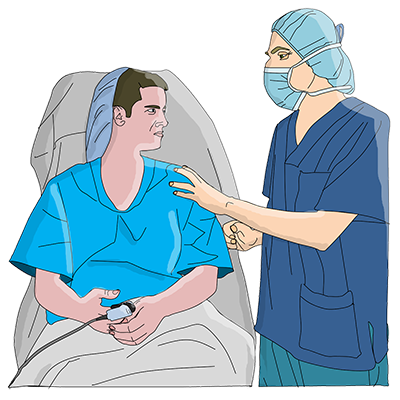3. Methods of fieldwork - participant observation
Fieldwork can employ a number of different data sources and methods for collecting this data. These can include participant observation and the taking of field notes, informal and/or formal interviews, video-recording, sketching and the reviewing of local documentation. This has been described by Hammersley and Atkinson* as “collecting whatever data are available to throw light on the issues that are the focus of research” However, very commonly at the heart of qualitative fieldwork is observation.
Observation involves an extended period of time in the research setting watching what occurs, listening to what is said, and asking questions. Whilst interviews obtain information about beliefs and perceptions, observations enables the researcher to obtain a holistic understanding of the concept or phenomenon under investigation. Observations provide information about what participants are actually doing in their natural setting.
When undertaking observations in the field the researcher has to decide their level of involvement in the setting. The researcher may act as a complete observer, who does not participate in activities within the field, or a participant-observer, who participates in activities in the setting. In participant-observation the degree to which a researcher participates in activities in the setting may vary according to the research question. For example in a care home a health professional researcher may talk with residents and engage in some care activities but decide not to give out medication.

Benefits of participant observation
- Helps with building rapport and trust
- In-depth understanding of the setting
- Can follow up developing ideas as occur

Challenges of participant observation
- The researcher impacts on what they are observinge
- Ability to document and observe
- Role ambiguity regarding role as researcher or member of team
- Helps with building rapport and trust
- In-depth understanding of the setting
- Can follow up developing ideas as occur
- The researcher impacts on what they are observing
- Ability to document and observe
- Role ambiguity regarding role as researcher or member of team
Build your Research Protocol Sheet.